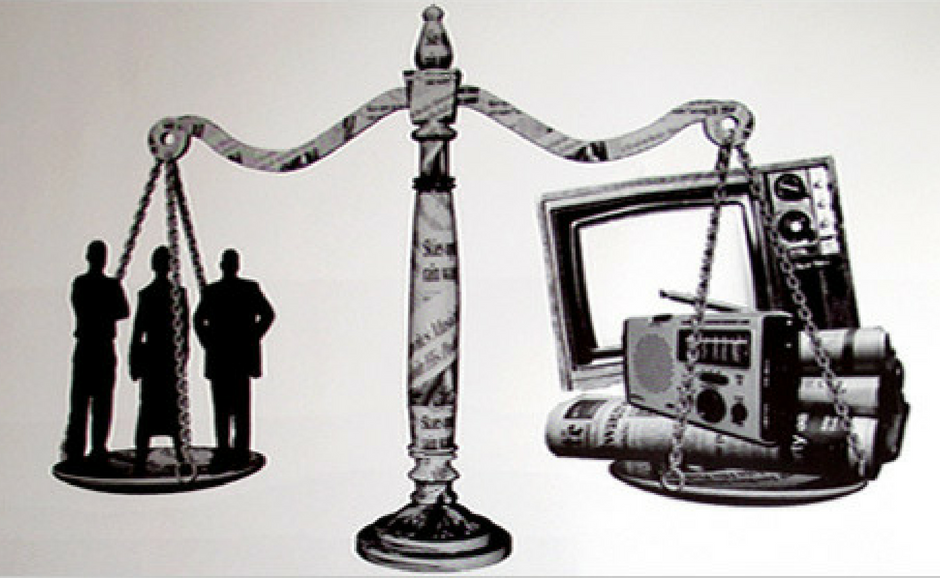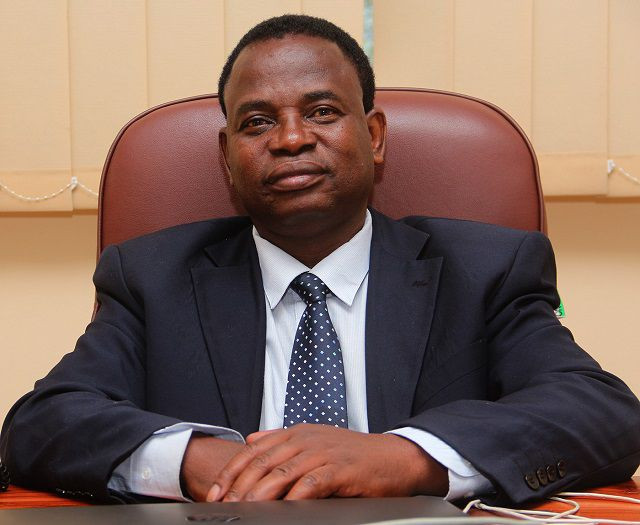
By Tapiwa Gomo Communication has over the centuries evolved into a major component of organisational culture purely because it brings the goals of the organisation within the proximity of is clients or audience. In today’s operating environment, organisations cannot function effectively without a good platform to communicate with its internal and external audiences.
In fact, successful organisations are those that have mastered the art of communication. There are major corporates that rose to global prominence from nothing other than effectively communicating their brands, products and services.
The word communication is derived from a Latin word ‘communis’, which means common or shared understanding. The practice of communication, in its various forms, is a purposeful effect that brings unity between the organisation and its clients or audience. The primary objective of communication is to transmit knowledge, product or services, arguments, ideas, suggestions, opinions and feelings. In its simplest form, communication is the transmission of a message from a source to a receiver, or the process of creating shared meaning and understanding. It is also part of building consensus on an issue.
Over the centuries, the field of communication has assumed several variations including marketing, advertising, influencing, propaganda and others. And in other cases, professionals with legal backgrounds have been entrusted with the role of handling communication and public relations portfolios. In some cases, the legal and media or public relations have been used alongside each other effectively, while in others such a hybrid model has caused tensions and challenges.
This is because lawyers are trained to argue and win cases and to advance the interests of those who hire them to perform legal services through the practical application of abstract legal theories and knowledge.
Most of them tend to apply the same approach when hired to perform public relations or communication functions. They want to maintain or communicate the “innocence” of their organisation by putting across a legal argument and when push comes to shove, they submit issues to the legal system to work things out. In their approach, when faced by crisis situation, the intention is for a legal victory which means there must be a winner and loser. Reputational “innocence” is derived from legal victories.
On the other hand, communication or media professionals are trained to communicate, build and maintain relationships with their clients or audiences via various forms of media. Central in their training is the realisation that organisations are primarily people-centric, whether they are product, service or politically-based. They must retain the relationship with the people even in moments of differences. They do not see winners and losers. This is why in crisis situations a good public relations or media professional would rather pursue a win-win situation because they know that there is no reputational damage that is more than losing people.
Sometime back I was confronted by a situation where a family threatened to sue for a photo they claimed was used five years back without their consent. There was suspicion that some bigger political influence was behind the threat. During internal discussions, there were some who suggested a legal approach which would entail allowing the family to proceed to approach the courts, then we would defend ourselves. There was no doubt that we would win the court case based on merits, legal and financial resources in our possession. But that would have come with at a massive political cost, global backlash and reputational damage.
- Chamisa under fire over US$120K donation
- Mavhunga puts DeMbare into Chibuku quarterfinals
- Pension funds bet on Cabora Bassa oilfields
- Councils defy govt fire tender directive
Keep Reading
We opted to reach out and pursued a negotiation approach rather a win-win situation to which the family agreed. A resolution was reached and everyone left satisfied and happy without drawing the attention of external players such as the media and politicians who had an interest in the case.
What made the difference here is that the legal suggestion was only focused on winning the case cut and dry, while the public relations approach understood the importance of emotions, public opinion and the ability of these to combine and flare up the situation and further. In a politically-volatile situation such as that context, it saved millions if not billions of dollars and averted a major social and global reputational crisis.
In political organisations, perhaps a hybrid approach would work given that politics is a dirty game of recriminations and smear campaigns. Perhaps the legal team can focus on the legal reputation of the political organisation, while the public relations takes into account that politics is essentially and is wholly people-based.
While unwarranted personal attacks must be condemned in strongest terms, it may also be counter-productive and disruptive to be litigious at every attack. Politics is game of attacks and being litigious at every turn may scatter the democratic pursuit. On the other hand, the exercise of democracy has to be understood alongside respect a demand for individual rights, equal treatment, dignity and privacy.
In the context of what is happening in one of the opposition parties, professional public relations people often advise that giving attention or response to every attack tends to give more life and inflames stories whose life was supposed to be short and insignificant. The more an allegation drags on, gains traction and remains in the public domain, the more the alleged tag taints reputation.
- Tapiwa Gomo is a development consultant based in Pretoria, South Africa. He writes here in his personal capacity.










